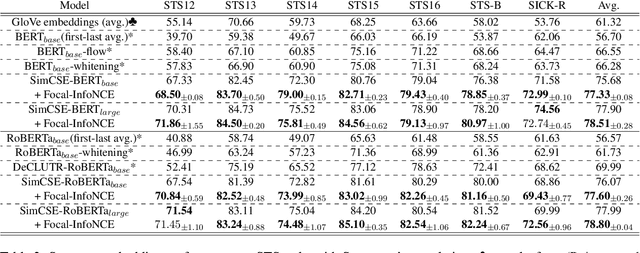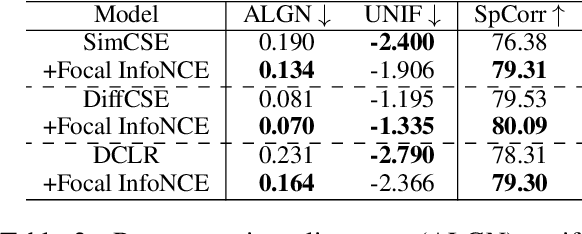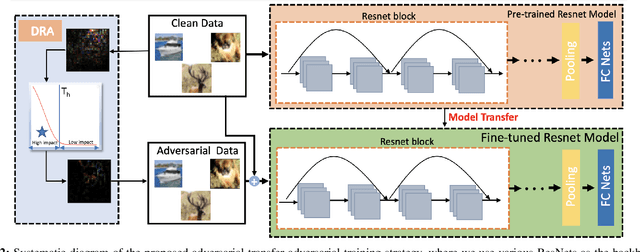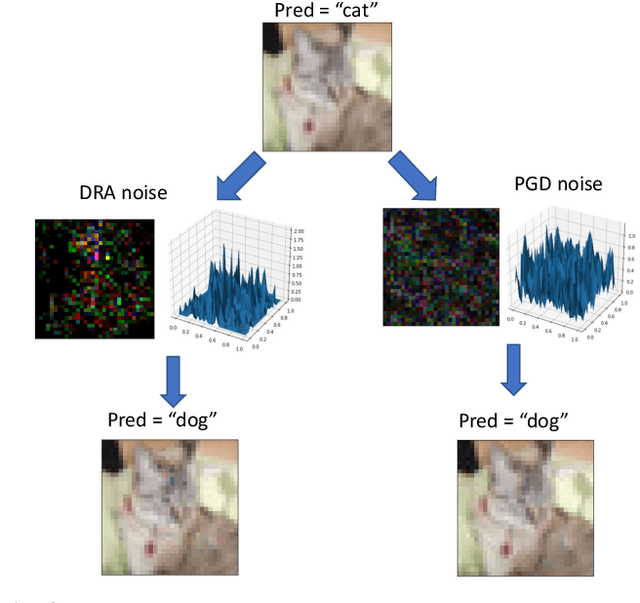Pengyue Hou
The "Robert Boulton" Singularity: Semantic Tunneling and Manifold Unfolding in Recursive AI
Jan 27, 2026Abstract:The stability of generative artificial intelligence trained on recursive synthetic data is conventionally monitored via Perplexity (PPL). We demonstrate that PPL is a deceptive metric in context-stabilized regimes (L=128). Using a rigorous sliding-window protocol (N=1500), we identify a novel failure mode termed "Semantic Tunneling." While the Baseline model maintains high grammatical fluency (PPL approx. 83.9), it suffers a catastrophic loss of semantic diversity, converging within seven generations to a single, low-entropy narrative attractor: the "Robert Boulton" Singularity. This phenomenon represents a total collapse of the latent manifold (Global Effective Rank 3.62 -> 2.22), where the model discards diverse world knowledge to optimize for statistically safe syntactic templates. To address this, we apply the Multi-Scale Negative Coupled Information Systems (MNCIS) framework recently established in Hou (2026) [arXiv:2601.11594]. We demonstrate that Adaptive Spectral Negative Coupling (ASNC) acts as a topological operator that actively induces "Manifold Unfolding." MNCIS forces the model to expand its effective rank from the anisotropic baseline of 3.62 to a hyper-diverse state of 5.35, effectively constructing an "Artificial Manifold" that resists the gravitational pull of semantic attractors and preserves the long-tail distribution of the training data.
Improving Contrastive Learning of Sentence Embeddings with Focal-InfoNCE
Oct 20, 2023



Abstract:The recent success of SimCSE has greatly advanced state-of-the-art sentence representations. However, the original formulation of SimCSE does not fully exploit the potential of hard negative samples in contrastive learning. This study introduces an unsupervised contrastive learning framework that combines SimCSE with hard negative mining, aiming to enhance the quality of sentence embeddings. The proposed focal-InfoNCE function introduces self-paced modulation terms in the contrastive objective, downweighting the loss associated with easy negatives and encouraging the model focusing on hard negatives. Experimentation on various STS benchmarks shows that our method improves sentence embeddings in terms of Spearman's correlation and representation alignment and uniformity.
Improving Adversarial Robustness with Self-Paced Hard-Class Pair Reweighting
Oct 26, 2022Abstract:Deep Neural Networks are vulnerable to adversarial attacks. Among many defense strategies, adversarial training with untargeted attacks is one of the most recognized methods. Theoretically, the predicted labels of untargeted attacks should be unpredictable and uniformly-distributed overall false classes. However, we find that the naturally imbalanced inter-class semantic similarity makes those hard-class pairs to become the virtual targets of each other. This study investigates the impact of such closely-coupled classes on adversarial attacks and develops a self-paced reweighting strategy in adversarial training accordingly. Specifically, we propose to upweight hard-class pair loss in model optimization, which prompts learning discriminative features from hard classes. We further incorporate a term to quantify hard-class pair consistency in adversarial training, which greatly boost model robustness. Extensive experiments show that the proposed adversarial training method achieves superior robustness performance over state-of-the-art defenses against a wide range of adversarial attacks.
Adversarial Fine-tune with Dynamically Regulated Adversary
Apr 28, 2022



Abstract:Adversarial training is an effective method to boost model robustness to malicious, adversarial attacks. However, such improvement in model robustness often leads to a significant sacrifice of standard performance on clean images. In many real-world applications such as health diagnosis and autonomous surgical robotics, the standard performance is more valued over model robustness against such extremely malicious attacks. This leads to the question: To what extent we can boost model robustness without sacrificing standard performance? This work tackles this problem and proposes a simple yet effective transfer learning-based adversarial training strategy that disentangles the negative effects of adversarial samples on model's standard performance. In addition, we introduce a training-friendly adversarial attack algorithm, which facilitates the boost of adversarial robustness without introducing significant training complexity. Extensive experimentation indicates that the proposed method outperforms previous adversarial training algorithms towards the target: to improve model robustness while preserving model's standard performance on clean data.
 Add to Chrome
Add to Chrome Add to Firefox
Add to Firefox Add to Edge
Add to Edge